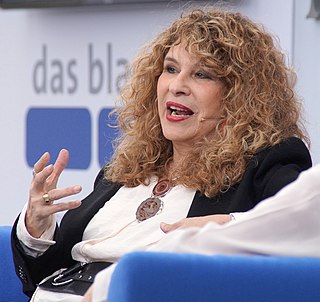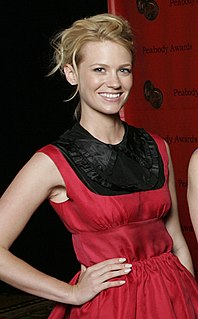A Quote by Gillian Flynn
Because I'm a woman writing about women who do bad things, that's somehow very 'other.' When men write that, it's called a novel. It's just a book.
Related Quotes
It's very bad to write a novel by act of will. I can do a book of nonfiction work that way - just sign the contract and do the book because, provided the topic has some meaning for me, I know I can do it. But a novel is different. A novel is more like falling in love. You don't say, 'I'm going to fall in love next Tuesday, I'm going to begin my novel.' The novel has to come to you. It has to feel just like love.
The process for writing a picture book is completely different from the process of writing a chapter book or novel. For one thing, most of my picture books rhyme. Also, when I write a picture book I'm always thinking about the role the pictures will play in the telling of the story. It can take me several months to write a picture book, but it takes me several years to write a novel.
When I'm writing, I'm thinking, "Well, this might be a book that I'll always be happy with, and certainly readers will be happy with." But another part of me knows that when I'm past the stage of writing, the book is gonna have good things about it, bad things about it - probably more bad than good. I just know that. That's who I am.
Objectifying your own novel while writing it never really helps. Instead, I guess while you're writing you need to think: This is the novel I want to write. And when you're done you need to think: This is what the novel I wanted to write feels like and reads like and looks like. Other people might call it sweeping or small, but it's the book you chose.
There is a biological power that is intrinsic to the woman, to the female condition. Because you are able to give life. You are the reproducer of the species. Men feel very weak in front of a woman because a woman is capable of eliciting a number of instincts in a man. And that is what has made men very nervous about women.
Long before I became a feminist in any explicit way, I had turned from writing love stories about women in which women were losers, and adventure stories about men in which the men were winners, to writing adventure stories about a woman in which the woman won. It was one of the hardest things I ever did in my life.
The average detective story is probably no worse than the average novel, but you never see the average novel. It doesn't get published. The average -- or only slightly above average -- detective story does.... Whereas the good novel is not at all the same kind of book as the bad novel. It is about entirely different things. But the good detective story and the bad detective story are about exactly the same things, and they are about them in very much the same way.
There are jobs that can be done equally well by men or by women and that finally you can't see a difference. But from the moment that you involve yourself fully in writing a novel, for example, or an essay, then you are involved as a woman, in the same way that you can't deny your nationality - you are French, you are a man, you are a woman... all this passes into the writing.
Some men don't want their women to speak up, and then other men are attracted to that very thing. But as a woman, you don't want to be just window dressing. I've probably been unattractive to some men because I do say what I feel and what I think. You can be political about it, but I don't have a red flag. I don't have a mechanism in my head that prevents me from saying what I think, or if something upsets me or if I feel like I'm being degraded. I come from a family of very outspoken women. I can't imagine living in a time when you couldn't express what you felt.


































